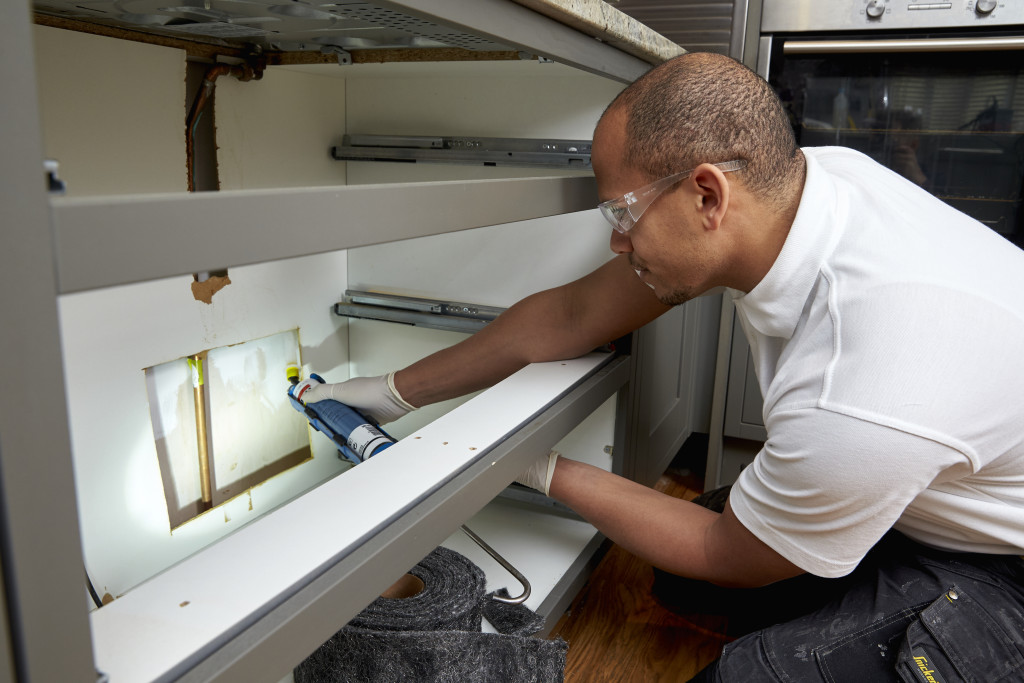-
London councils receive an average 100 complaints a day about rodents
-
More complaints are made about mice than rats
-
A report into the problem calls on London Mayor Sadiq Khan to take action
-
SUPERPROOF expert says outdated and ineffective mice treatments are partly to blame
Need our help?
Call 0808 133 2330
Official figures obtained by a London Assembly member reveal that more than 100 complaints about rats and mice are made on average to London’s councils every day.
The figures show that for the last five years, 186,000 reports of rodents have been logged in the capital’s boroughs since 2012.
That amounts to 100 complaints about rats and mice being made to London’s councils every day over the past five years. Conservative Assembly Member Susan Hall has prepared a detailed report on the figures, given after she made a Freedom of Information request.
The report focuses on the rat control problem in London. However, where the information provided was broken down into rodent type, it was mice that generated the most complaints.
Mice made up 58% of the complains made, with 53,079 recorded, while rats made up 40%, with 37,395. Squirrels contributed 1% of complaints, just 986 of the total.
Assembly Member Hall said there needed to be a co-ordinated approach to London’s rodent problem, led by the Mayor, Sadiq Khan.
SUPERPROOF, the UK’s leading mouse proofing experts, said the report came as no surprise.
They added: “We have been warning that London has a major rodent problem for some time. Some people, especially those, who suffer the consequences of rodents in their homes and businesses, would call it a crisis.
“Foreign visitors are often amazed and alarmed by the extent of the mouse control problems they face, in particular, compared with their experiences in their own countries, such as Germany, France, and Italy.”
There are a range of issues, including the density and nature of the London population, with many people living in shared, rented accommodation, where pest control by landlords can be haphazard.
Most mice in London are now resistant to poisons – also known as rodenticide – used in mouse bait to try to kill them. Also, mouse poison and mice traps do not tackle the underlying issue which is mice can get into people’s living space to forage for food.

Pest controllers need to move away from conventional methods, such as mouse poison and mice traps to mouse proof properties against rodents
SUPERPROOF experts say: “The mice problem in London will only start to be tackled if there is a better understanding that conventional mouse removal strategies are not working. We need to move away from trying to kill mice and catch mice to a more sophisticated approach to mouse control.
“That involves understanding their behaviour, and the nature of the environments that are their natural habitats, our homes and workplaces, and using the kind of advanced mouse proofingtechniques developed by SUPERPROOF to prevent them reaching the food they need to survive.
“Unfortunately, conventional pest control specialists are fixated on mouse traps and mice poison, partly because those are the techniques they know and understand, and partly because they are the ones they make the most money from, because they don’t work, and so there is the opportunity for a lot of repeat business.”
The Mayor of London’s office said pest control and refuse collection was a matter for local authorities.









Leave a Reply
You must be logged in to post a comment.